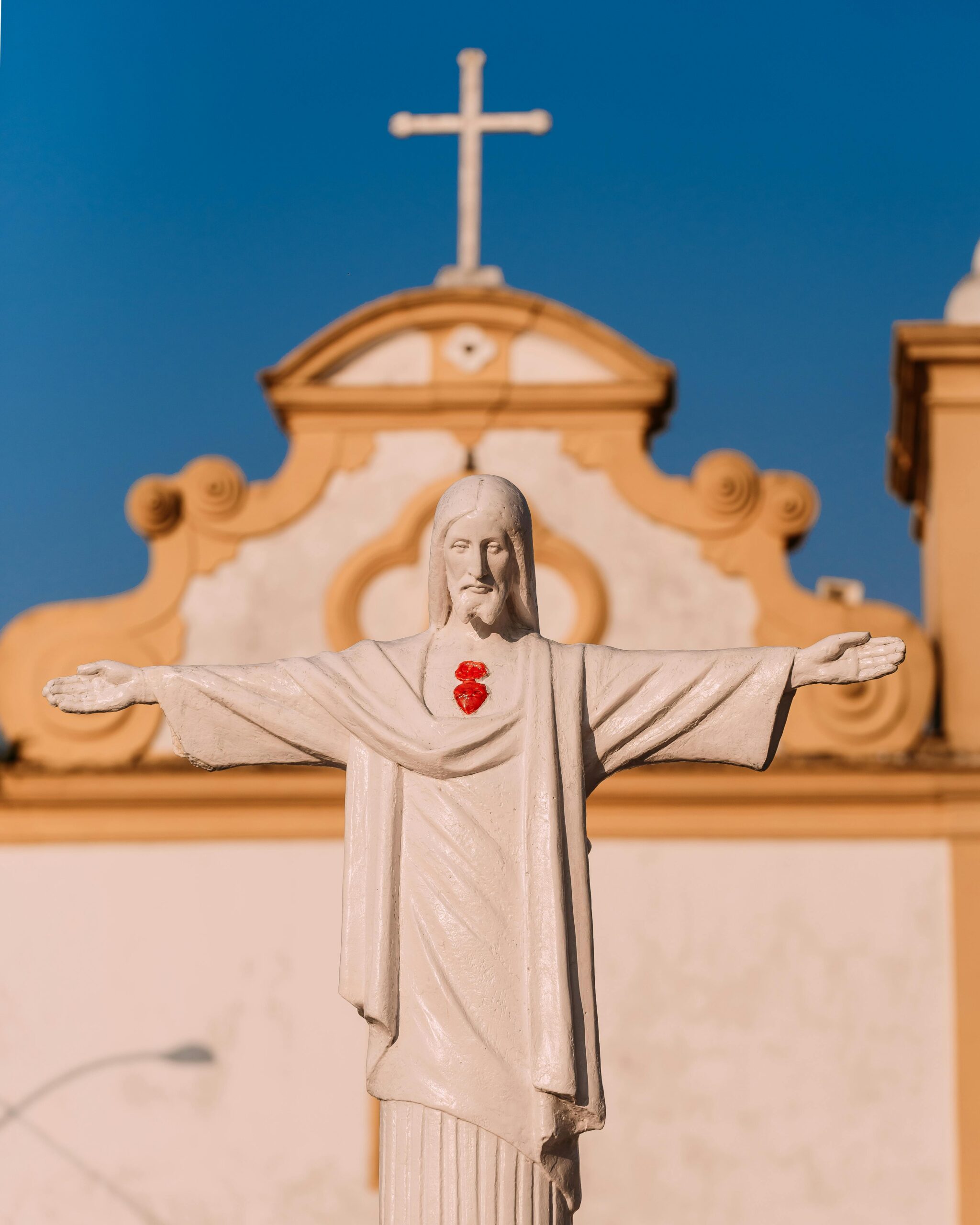In the heart of the Catholic liturgical calendar lies a day of profound significance Divine Mercy Sunday. Celebrated on the Sunday after Easter, this solemn day holds a special place in the hearts of millions worldwide, offering a beacon of hope and redemption amidst the trials and tribulations of life.
The Origin:
The origins of Divine Mercy Sunday can be traced back to Saint Faustina Kowalska, a Polish nun who lived in the early 20th century. Throughout her life, Sister Faustina experienced numerous mystical encounters with Jesus Christ, during which she received messages of mercy and forgiveness for all humanity. These experiences culminated in the revelation of the Divine Mercy devotion, which emphasized the boundless love and compassion God has for everyone.
The Message:
At the core of Divine Mercy Sunday lies a profound message: that no sin is too great to be forgiven, and no soul is beyond the reach of God’s mercy. This message, encapsulated in the words “Jesus, I trust in You,” serves as a reminder of the unyielding love that God has for each of His children, regardless of their past transgressions or shortcomings.
The Celebration:
On Divine Mercy Sunday, believers gather in churches around the world to commemorate this message of mercy and forgiveness. Special prayers, devotions, and rituals are conducted, including the narration of the Chaplet of Divine Mercy—a powerful prayer invoking God’s mercy on the whole world. The Sacrament of Reconciliation, or confession, also plays a central role, as Catholics seek absolution for their sins and renew their commitment to living lives of holiness and virtue.
The Promises:
Central to the Divine Mercy devotion are the promises that Jesus made to those who honor His mercy on this special day. According to Saint Faustina’s writings, Jesus promised that those who receive Holy Communion on Divine Mercy Sunday, after confessing their sins and trusting in His mercy, will receive complete forgiveness of all their sins.
The Call to Action:
Beyond the rituals and promises, Divine Mercy Sunday calls upon believers to embody the spirit of mercy and compassion in their daily lives. It challenges them to extend forgiveness to others, just as they have received forgiveness from God. By practicing acts of kindness, charity, and reconciliation, believers strive to be living reflections of God’s mercy in the world, spreading hope and healing to all those they encounter.
Conclusion:
Divine Mercy Sunday stands as a testament to the unfathomable depths of God’s love and mercy. It serves as a reminder that no matter how far we may stray or how deeply we may fall, God’s mercy is always available to lift us up and set us free. As we celebrate this sacred day, let us embrace the message of Divine Mercy wholeheartedly, trusting in the boundless love of our Savior, Jesus Christ
